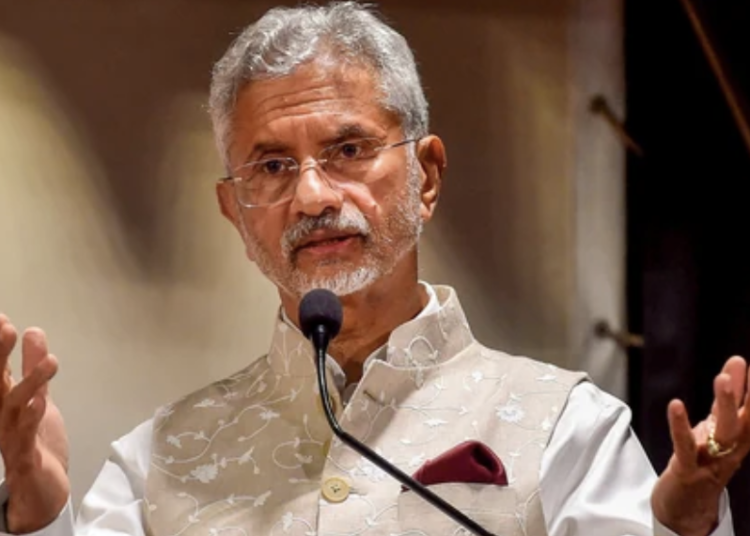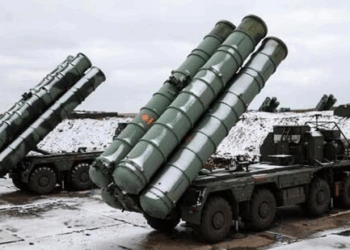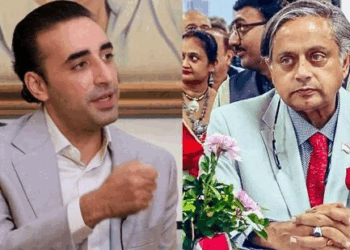India’s External Affairs Minister, Subrahmanyam Jaishankar, has stirred controversy with his recent remarks, seemingly aimed at India’s first Prime Minister, Jawaharlal Nehru, regarding the handling of Pakistan-Occupied Kashmir (PoK). Jaishankar’s veiled criticism, made during a diplomatic forum, has reignited debates over historical decisions and their implications on India’s stance towards Kashmir.
Speaking at the event, Jaishankar remarked, “Somebody did not have the foresight to realise the implications of what was being done at that time.” While not explicitly naming Nehru, the context of the statement points towards the early years of independent India when decisions were made regarding the status of Kashmir.
The reference to ‘implications’ suggests a critique of decisions made during the partition era, particularly Nehru’s handling of the Kashmir issue, which ultimately led to the division of the region into Indian-administered Jammu and Kashmir and Pakistan-occupied territories.
Jaishankar’s comments have sparked a flurry of reactions from various quarters, with political opponents accusing him of politicizing historical events for present-day gains. Critics argue that while historical introspection is necessary, it should not be used to score political points or undermine the contributions of past leaders.
On the other hand, supporters of Jaishankar argue that his remarks shed light on the need for a pragmatic and forward-looking approach in dealing with complex geopolitical challenges, including the Kashmir issue. By highlighting past mistakes, Jaishankar aims to emphasize the importance of learning from history and adopting a more assertive stance on matters of national interest.
The controversy surrounding Jaishankar’s remarks underscores the sensitivity of the Kashmir issue, which remains a longstanding bone of contention between India and Pakistan. The territorial dispute over Kashmir has fueled decades of conflict and diplomatic tensions, with both countries claiming sovereignty over the region in its entirety.
India’s stance on Kashmir has been a subject of intense scrutiny and debate, with successive governments grappling with the complexities of the situation. While maintaining its position on the integration of Jammu and Kashmir as an integral part of India, New Delhi has consistently opposed any external interference or attempts to alter the status quo.
As India navigates the intricacies of its diplomatic relations, Jaishankar’s remarks serve as a reminder of the historical legacies that continue to shape the country’s foreign policy priorities. While the debate over Nehru’s decisions in Kashmir may endure, the focus remains on charting a path forward that upholds India’s national interests and aspirations on the global stage.








 India
India












